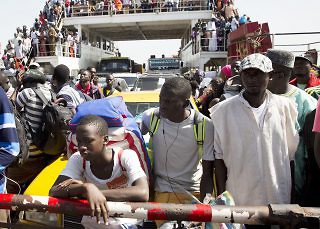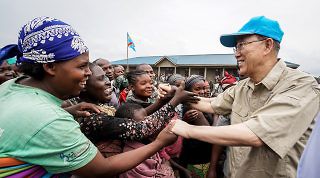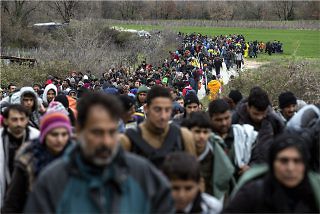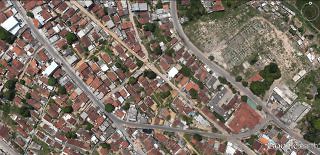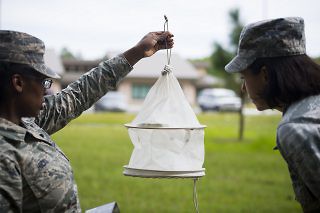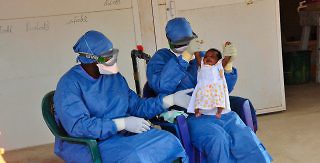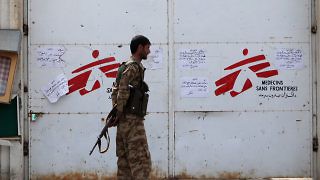Barrow’s victory now adds him to the list of freely elected rulers in West Africa, alongside President Johnson Sirleaf of Liberia, President Akufo-Addo of Ghana, and President Sall of Senegal.
Author: Michael R. Snyder
-
-
Like climate change, antimicrobial resistance is a slow-burning crisis whose greatest impacts may not be felt for years to come.
-
The success of the global campaign against Zika may now depend on how the US strategy evolves in response to its own domestic threat.
-
At this stage, any hope for substantive progress resulting from the WHS likely rests with aid groups themselves. It is worth remembering that the WHS was never intended to be a state-centric instrument like the 2030 Sustainable Development Goals, which commit countries to clear and measured progress towards a concrete set of targets.
-
With the first ever World Humanitarian Summit approaching in May in Istanbul, can the Secretary-General help shape the global humanitarian agenda?
-
In experimental studies, researchers are harnessing high-resolution satellite imagery and geographic information systems (GIS) to map, measure, and control the spread of mosquitoes that may carry Zika, dengue fever, and other harmful diseases.
-
This Zika response isn’t the first time in recent history that non-civilian actors have been called upon to assist in public health emergencies.
-
A new report calls the Ebola epidemic “a human tragedy that exposed a global community altogether unprepared.”
-
Where the UN sees an opportunity to carry out its humanitarian, development, and peacebuilding activities as part of an integrated approach, MSF and other NGOs have warned that such efforts could compromise the fundamental humanitarian principles of impartiality, neutrality, and independence and direct resources towards long-term rather than acute needs.
-
As the prospect of an Ebola-free world becomes more likely, public health experts are taking stock of the crisis and examining lessons learned in order to prevent a catastrophic epidemic on this scale from re-occurring.

